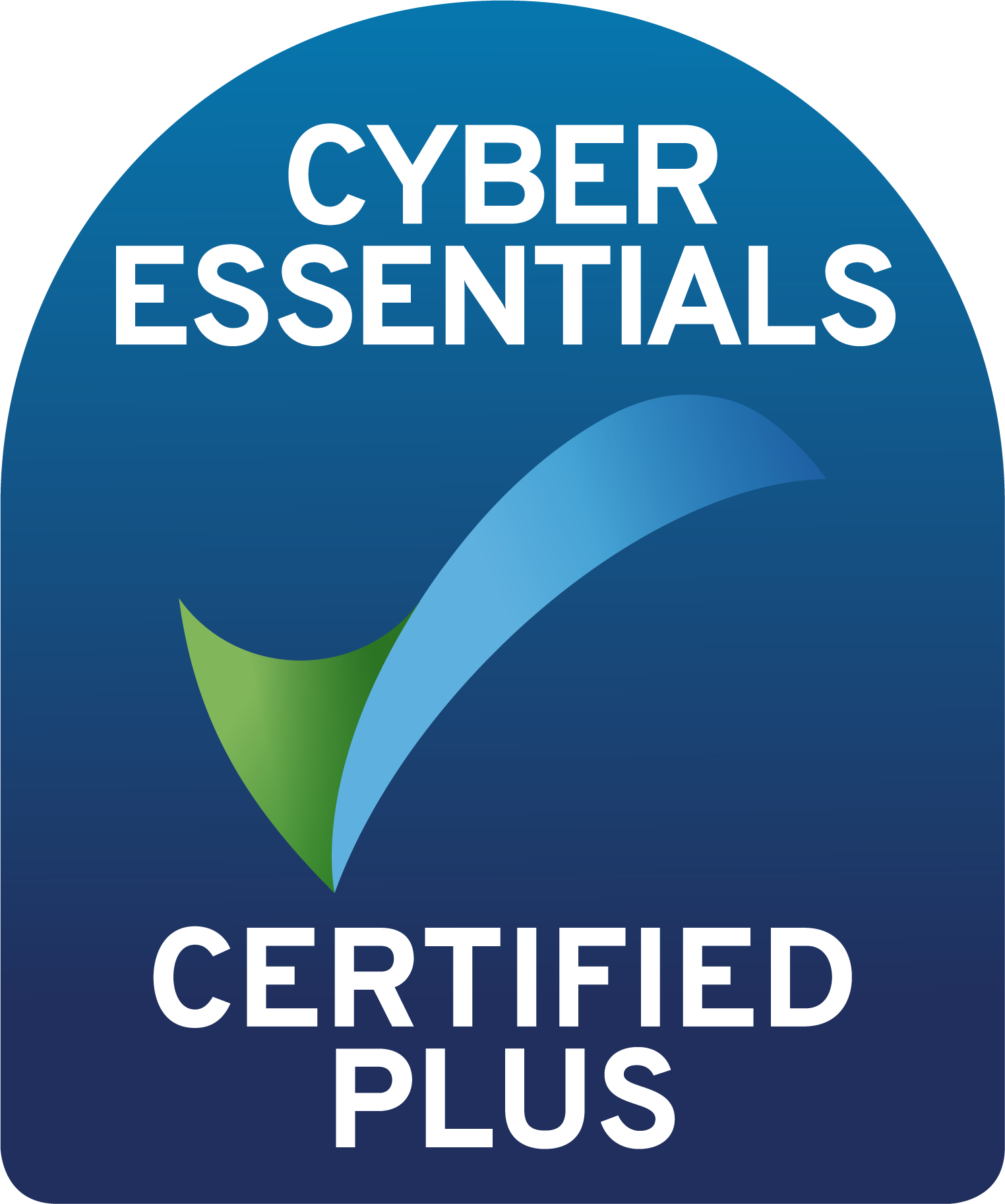As someone who was born in the 50’s, it’s fair to say I’m coming to the end of my IT spend decision making days – the rising stars of today and tomorrow are firmly in the driving seat. As more and more millennials secure top decision-making positions in the global corporate world, their preference and attitude to purchasing technology is starting to show through.
However you categorise the era; baby boomers, Generation X, millennials or Generation Z, it’s clear that the outlook on how to spend both personal and corporate money has undergone a tectonic shift. Millennials have come of age during the time of technological change, rapid globalisation and massive economic change and disruption. These circumstances have paved the way to a brand-new relationship between millennials and money & ownership that is vastly different to that of their parents.
Case in point – If you asked me how much a new mobile phone cost, I’d say circa £1000. But, if you asked the same question to a millennial, they would say £49.99 a month – and there’s the shift, they look for a consumable service with the equipment rented rather than owned.
Companies that don’t have models that appeal to this shift will most likely struggle to keep pace with the market, as according to a US study undertaken by the University of North Carolina’s Kenan-Flager Business School, Millennials will make up 46 percent of the workforce by 2020!
The demand on businesses to be more agile and have the capability to adapt their model to capture a market opportunity is stronger than ever. The public cloud pay-as-you-go rental model has been a popular port in this type of storm and has proved itself in the scale up and down model. However not everyone is a fan, and in some instances, there are legitimate business reasons why public clouds are not the answer.
Traditionally, these businesses would build the capability by purchasing the required infrastructure, which flies directly in the face of those millennial decision makers. Not only is their new strategy cost efficient, but it grants them the freedom of regular upgrades and updates that keep them at the forefront of the ever-changing market.
Enter a comprehensive, flexible new option for technology, which isn’t based on traditional leasing and has all the characteristics of the pay as you go model – with some interesting options. Tech-as-a-Service has been pioneered by Tech Data for Corporate Users as a desktop, laptop and mobile phone service, and is now being expanded to include servers and networking, licencing and IT support services. Better yet, the customer can scale up or down throughout the course of their subscription term – allowing them to adjust to changing business conditions.
Linda Rendleman, Vice President of Product Marketing at Tech Data, hit the nail on the head in a recent press launch when she commented: “Many companies want the flexibility to pay for data centre technology on an as-needed basis, which typically requires them to access public cloud-based technology. But many don’t want to rely solely on public cloud strategy. This new end-to-end model allows customers to adopt next-generation technologies without a large capital outlay paid for on an “all in” fixed monthly subscription”.
I wholeheartedly agree with Ms. Rendleman. The idea of a “Workplace as a Service” subscription model for everything significantly reduces the cost when compared to expensive leading or renting. The model holds a residual value for the user enabling them to either trade up to the latest technology or offset the total cost of ownership of the subscriptions life.
Vissensa have offered hybrid cloud environments to both small and large businesses for many years and have borne the capex cost of building out environments for private or shared cloud use. This new business line from Tech Data gives us the option to provide cost effective data centre infrastructure to our growing national and international client base.
As a company, more and more of our business transactions are driven by millennial decision makers. A recent statistic from technology research and advisory firm IDC forecasts that by 2020, consumption-based “as-a-service” procurement will surpass traditional procurement models in data centres and account for as much as 40% of I.T. enterprise spending by large companies.
So, if you step back and take a look, you’ll see that both personal experience and market insight point towards models such as Tech-as-a-Service leading the way to the future of IT consumption. The question is, when will you make the change?
© Vissensa Limited 2008 -2020











